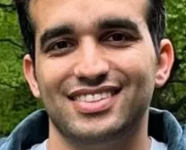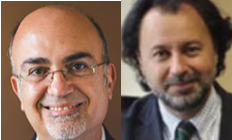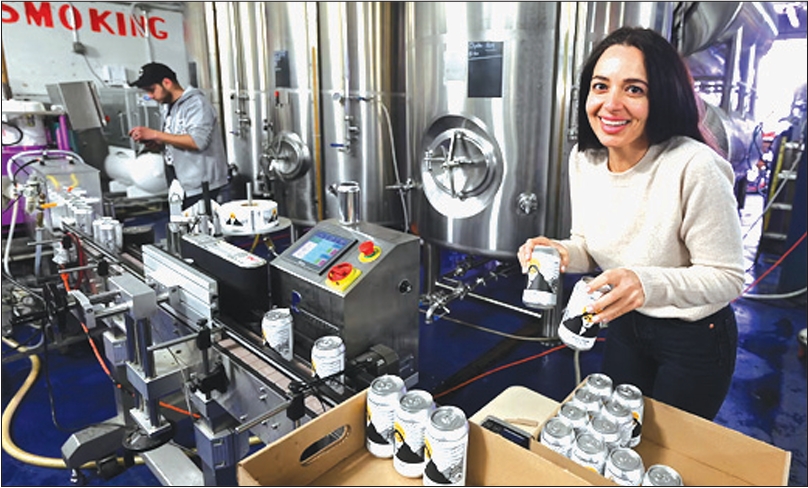August 08, 2014

Farid Sadrieh, a professor at Quinnipiac University in Connecticut, has become a rare individual to win a second Fulbright scholarship. He just hopes this one will proceed a little more quietly than the first.
In 2009, he was teaching and doing research in Madagascar on his first Fulbright when the country erupted in turmoil and he found himself dodging gunfire while on a shopping trip and later diving for cover when shooting broke out near his university.
“My first Fulbright was very peculiar,” he said. “There was looting and burning of buildings and so on. Riots in the streets.” The school was closed much of the time.
Iranian-born Sadrieh, 58, is an associate professor of international business at Quinnipiac University. In May, he won a J. William Fulbright Foreign Scholarship a second time. The scholarship will provides up to $10,000 a month for his nine-month study in Burkina Faso, a land-locked West African country, formerly known as Upper Volta.
Fulbright awards are generally reserved for first-timers. The second-time applicants not only have to make the case for how they would spend the taxpayers’ money, but also have to justify why they need the scholarship twice, Andy Riess, assistant director of outreach at the Council for International Exchange of Scholars, told the Hartford Courant.
Sadrieh said he wants to use the Fulbright grant to learn more about a neglected part of the world and bring back a better understanding of globalization.
“When we talk about globalization, we hear a lot of about Asia, of course, because of the economic importance of Asia, and Europe because of maybe the traditional links between America and Europe, and maybe even Latin America because of the proximity, but not much about Africa,” he said.
Sadrieh leaves for Burkina Faso in September and will teach global logistics and international business at Institut Superieur Prive Polytechnique. In addition, he is looking for ways of enhancing the local processing and exporting of shea butter, made from the nut of a wild-growing tree. It is usually hand processed by local women for use in cosmetic products of western brands such as Body Shop.
Sadrieh has a special interest in parts of the world that are often ignored by the mainstream in the United States.
“The interesting thing about Farid’s research is he focuses on the countries and areas nobody [else] much talks about,” said Mohammad Elahee, chair of international business at the university and Sadrieh’s longtime friend. “But it’s very important because they really empower the bottom half of the people.”
The child of an Iranian diplomat, Sadrieh learned to live with instability from an early age. “Maybe my personal background makes me be more tolerant of this kind of risk,” he said.
Sadrieh studied in France for his bachelor’s and master’s degrees and mastered French. He graduated from the University of Paris in 1981, but as the son the Shah’s ambassador to West Germany did not think it wise to return home. Instead, he immigrated to the US with his family in 1982. At the time, he said, he spoke little English and worked at a car dealership in New York to support his studies.
He learned English and studied for his master’s of business administration while working full time. Sadrieh finished his MBA at Fordham University in 1989 and received his Ph.D. at Temple University in 1997.
The biggest challenge, he said, was to adapt to American society.
“I suppose that’s the typical immigrant story: You lose everything that you have, the networks, the connections, the support and so forth,” Sadrieh said. “So you have to start from zero, from scratch. But as long as you have education, that’s the key factor. That’s the only tool that can help you make progress and establish yourself in a new country. So that’s what I did.”
Sadrieh’s contribution to international business over the past 15 years has enhanced the reputation of the School of Business at the university, Elahee said.
“When he first earned his Fulbright scholarship back in 2008, that really put Quinnipiac on the map of global scholars,” Elahee said. “He has contributed toward not just creation of knowledge but also toward executive training programs for managers.”

























